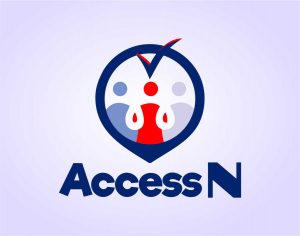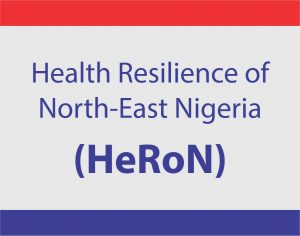The KIT WASH Project is an Operational Research on Water, Sanitation and Hygiene (WASH) solutions and impacts funded by UNICEF and implemented by the Society for Family Health (SFH) Nigeria and the Royal Tropical Institute (KIT) Netherlands. KIT is the lead partner in the project. Under this project, SFH and KIT are conducting an operational research on UNICEF’s Nigeria Water, Sanitation and Hygiene (WASH) program called “Sanitation, Hygiene and water supply in Nigeria II (SHAWN II)” across six northern states of Nigeria. The SHAWN II program has 5 key outputs; sanitation and Hygiene, Hygiene awareness, Water, Governance and accountability and social enterprise development. The SHAWN-II program seeks to improve access to adequate levels of water, sanitation, and hygiene education (WASH) for vulnerable people including persons with disability in the 6 northern states of Bauchi, Benue, Jigawa, Kaduna, Katsina and Jigawa. The project which ends in 2018 is expected to reduce WASH related diseases in these states and communities as well as create an enabling environment to attain their rights to basic WASH services. The operational research will assess the following areas and key outputs of the SHAWN II project:
- Acceptability of Sanitary solutions and designs
- WASH Committees (WASHCOM) effectiveness and sustainability
- Inclusiveness and equity in SHAWN implementation
- Community contribution to borehole management and WASH
- Improvements and burden reduction for women, men and children
Objectives The main objective of the operational research is to determine the functionality of the outputs (as listed above) planned under the SHAWN Programme in the six Northern States of Nigeria and to assess barriers associated with this implementation. Specifically;
- Acceptability of Sanitary solutions and designs: The research will assess Design, Implementation and Monitoring of interventions and will identify potential areas of improvement.
- WASH Committees (WASHCOM) effectiveness and sustainability: The research will access Functionality, Effectiveness & sustainability of WASHCOMs and provide data to improve the WASHCOMS
- Community contribution to borehole management and WASH: The research will identify Motivators & inhibiters of toilet use, hand washing, which toilets are used and what are the design demands for toilets. This data generated will provide evidence necessary to deliver and sustain SHAWN interventions; as well as elicit recommendations on toilet design options.
- Inclusiveness and equity in SHAWN implementation: The research will identify challenges/ barriers, Needs Effects of lack of access and provide evidence necessary to deliver realistic and inclusive WASH programme.
- Improvements and burden reduction for women, men and children: The research will assess how has WASH improved the quality of life of its beneficiaries: The research will generate information that will aid better understanding on how WASH has contributed to for example increased school attendance, women empowered.
Research Outcome: The operational research will:
- Provide UNICEF with data to improve the SHAWN programming across the states with a view to achieve its aim by 2018
- Provide data that will serve as a guide for future WASH programming for UNICEF.




